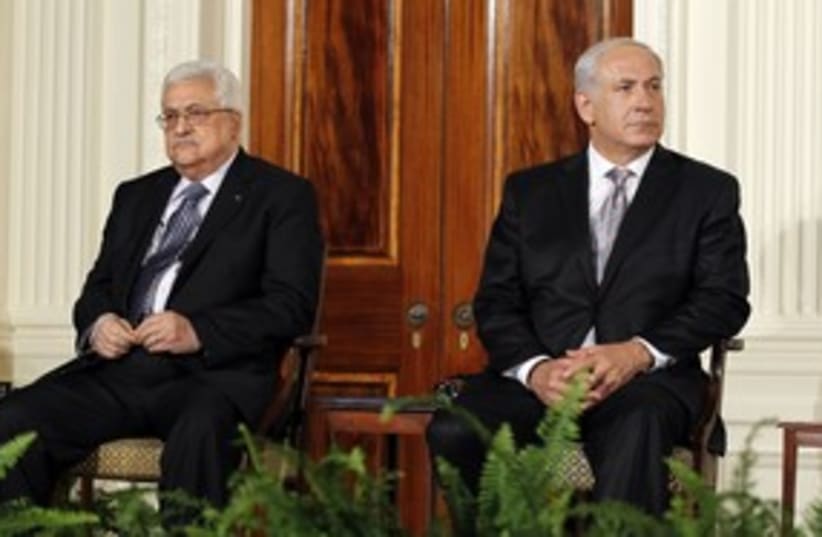Where is the hope?
Now is the time for the Palestinian Authority and the Israeli government to reach out to each other and show the advocates of hatred and violence that more can be gained by each of them through peaceful negotiations with one another than through any other means.
